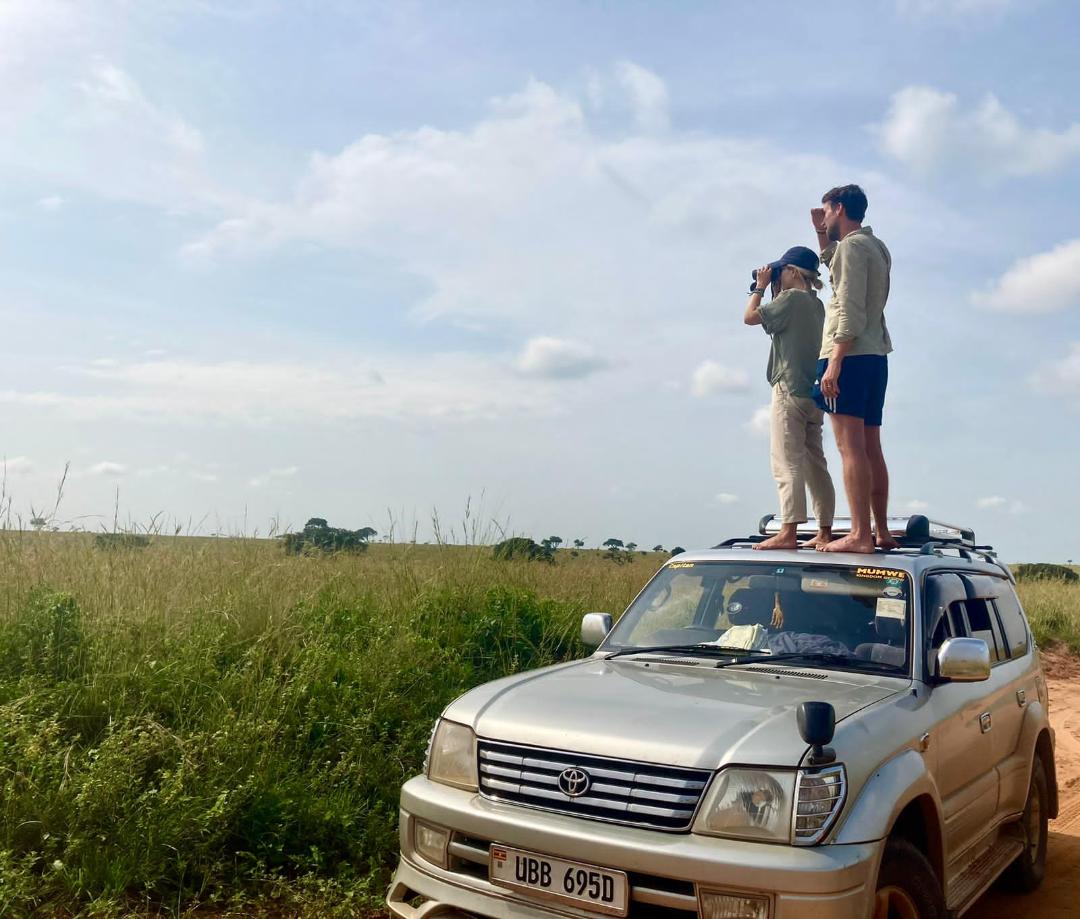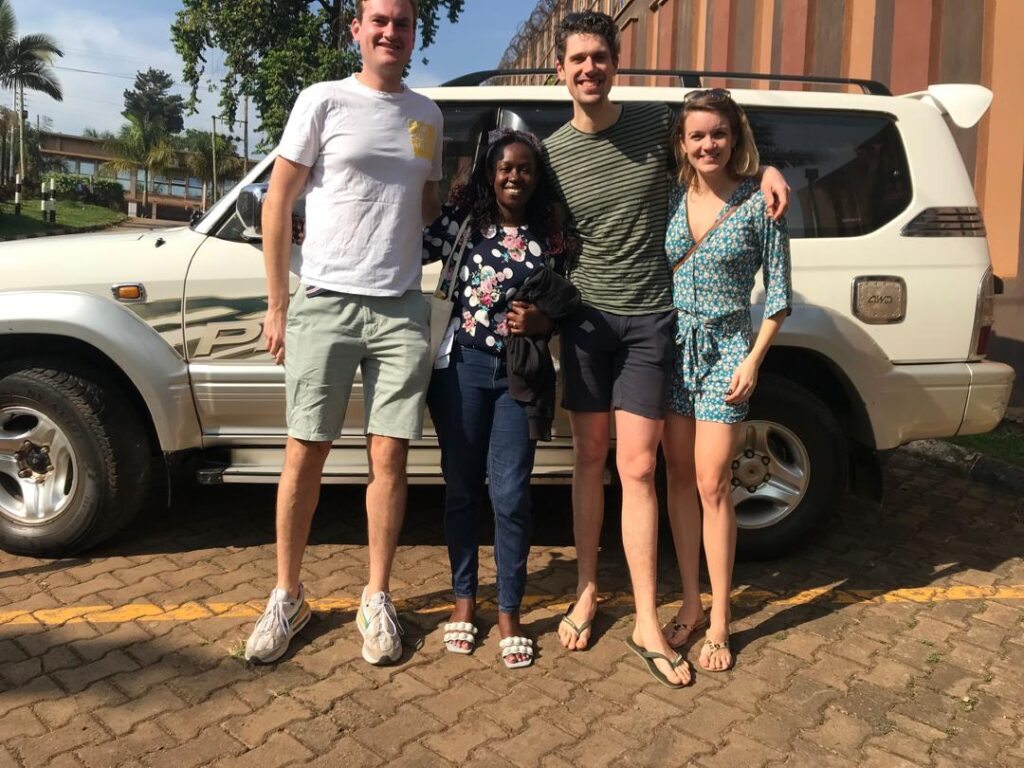
Unmasking the True Cost of Car Rental In Uganda
Planning a trip to Uganda involves more than just booking flights and accommodation. For many travelers, renting a car offers the freedom to explore this spectacular East African nation at their own pace. However, the advertised daily rental rate is just the tip of the iceberg. Understanding the complete financial picture of car rental in Uganda is essential for accurate budgeting and avoiding unwelcome surprises that could derail your travel plans.

The Base Rental Rate: Your Starting Point
The daily or weekly rental rate forms the foundation of your car rental budget. In Uganda, these rates vary considerably based on vehicle type, rental duration, and season. A basic sedan might cost $30-$50 per day, while a standard 4×4 SUV ranges from $60-$100 daily. Premium vehicles like Toyota Land Cruisers command $120-$200 per day, reflecting their superior capability on Uganda’s diverse terrain.
However, this base rate rarely tells the complete story. Most travelers discover that their final bill exceeds initial quotes by 30% to 50% once additional fees and operational costs are factored in.
Fuel: A Major Budget Component
Fuel represents one of the most significant ongoing expenses beyond the rental rate itself. Uganda’s fuel prices fluctuate but generally hover around $1.30-$1.50 per liter for petrol and slightly less for diesel. Most rental companies operate a “full-to-full” fuel policy—you receive the vehicle with a full tank and must return it full.
Your fuel costs depend heavily on your itinerary and vehicle choice. A fuel-efficient sedan might consume 8-10 liters per 100 kilometers, while a heavy 4×4 can easily consume 12-15 liters per 100 kilometers. If you’re planning a 1,000-kilometer journey through Uganda’s national parks, budget $150-$225 for fuel alone. Diesel vehicles typically offer better fuel economy for long-distance travel.
Insurance: Essential Protection You Can’t Skip
Insurance is non-negotiable when renting a car in Uganda, yet it’s often where confusion and unexpected costs arise. Basic third-party liability insurance is usually included in the rental rate, but this provides minimal protection. Comprehensive insurance, which covers collision damage waiver (CDW) and theft protection, costs an additional $10-$25 per day.
Some travelers attempt to save money by declining comprehensive coverage—a potentially catastrophic decision. Uganda’s roads present real hazards: potholes, unpredictable traffic, wandering livestock, and challenging rural conditions. Without proper coverage, you’re personally liable for the full vehicle value if damaged or stolen, potentially facing bills of $20,000-$50,000.
Additionally, check your insurance deductible (excess). Even with comprehensive coverage, you might be liable for the first $500-$2,000 of any claim. Some companies offer excess reduction insurance for an extra fee, lowering your potential liability.
Driver Fees: Worth Every Shilling
If you hire a vehicle with a driver—a popular choice in Uganda—factor in $25-$40 per day for the driver’s fee. This might seem expensive, but drivers provide immense value: expert navigation, mechanical knowledge, local language skills, and insight into Ugandan culture and customs.
Importantly, you’re also responsible for the driver’s accommodation and meals. Budget hotels suitable for drivers cost $10-$20 per night, and meals add another $10-$15 daily. For a week-long rental with a driver, expect total driver-related costs of $350-$490 beyond the vehicle rental rate.
Cross-Border Fees and Permits
Planning to drive into Rwanda, Kenya, or Tanzania? Cross-border travel incurs additional fees. Most rental companies charge $50-$150 for cross-border authorization, covering insurance extensions and documentation. You’ll also need an East African Tourist Visa (if applicable) and must pay road toll fees at border crossings.
Mileage Limitations and Overage Charges
While many Ugandan rental companies offer unlimited mileage, some impose daily caps—typically 150-250 kilometers per day. Overage charges range from $0.20-$0.50 per excess kilometer, which accumulates quickly on extensive journeys. A 2,000-kilometer road trip exceeding your allowance by 500 kilometers could add $100-$250 to your final bill.
Always clarify mileage policies upfront and choose unlimited mileage if your itinerary involves significant driving.
Additional Equipment and Accessories
GPS navigation systems, camping equipment, roof racks, child safety seats, and cooler boxes all incur supplementary charges, typically $5-$15 per item per day. While these seem minor individually, they compound over longer rentals. A GPS for two weeks adds $70-$150 to your total cost.
Many travelers successfully use offline maps on smartphones with downloaded Uganda maps, eliminating GPS rental fees entirely.
Park Entry Fees and Permits
Though not strictly a car rental cost, don’t overlook the expense of accessing Uganda’s attractions. National park entry fees range from $35-$40 per person per day for most parks, though gorilla trekking permits cost a substantial $700-$800. These costs mount quickly for multi-park itineraries and should integrate into your overall trip budget alongside vehicle expenses.
Deposits and Payment Methods
Rental companies require security deposits, typically $500-$1,500, held on your credit card for the rental duration. Ensure your credit card has sufficient available limit to accommodate both the deposit and your ongoing travel expenses. Some companies accept cash deposits but at less favorable rates.
Creating Your Complete Budget
For a realistic budget example, consider a seven-day self-drive rental with a 4×4 SUV:
- Base rental (7 days × $80): $560
- Comprehensive insurance (7 days × $15): $105
- Fuel (approximately 800km): $180
- GPS rental: $50
- Total: $895
This example demonstrates how a seemingly affordable $80 daily rate transforms into approximately $128 per day when all costs are included—a 60% increase over the advertised rate.
Planning for the Unexpected
Wise travelers budget an additional 10-15% contingency for unforeseen expenses: extra fuel due to detours, minor repairs, additional equipment needs, or extended rental periods. This buffer prevents financial stress if circumstances change during your journey.
The Bottom Line
Understanding the true cost of car rental in Uganda empowers you to budget accurately and make informed decisions. While the complete picture reveals expenses beyond basic rental rates, this transparency allows you to plan effectively, avoid unwelcome surprises, and fully enjoy your Ugandan adventure without financial anxiety casting a shadow over your Pearl of Africa experience.
Book your rental car and driver in Uganda today by simply sending an email to info@rentadriveruganda.com or calling us on +256-700135510 to speak with the reservations team.



